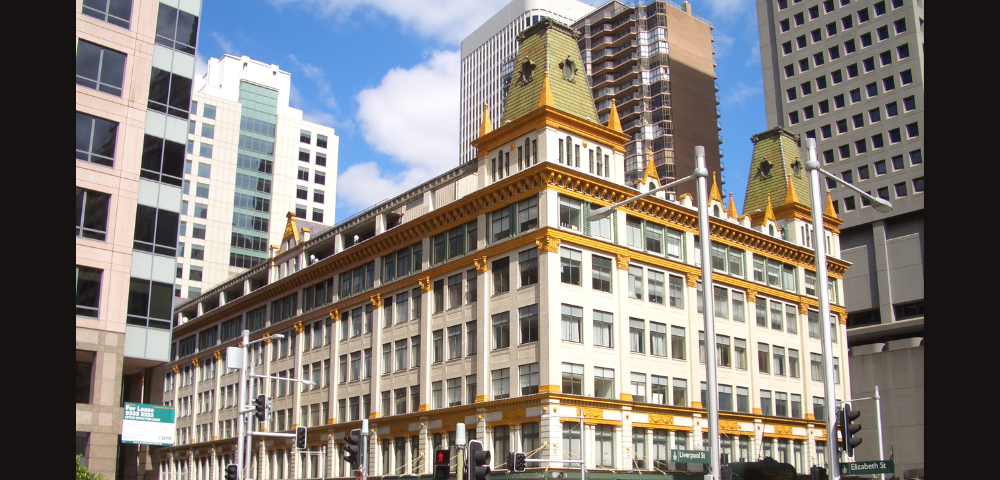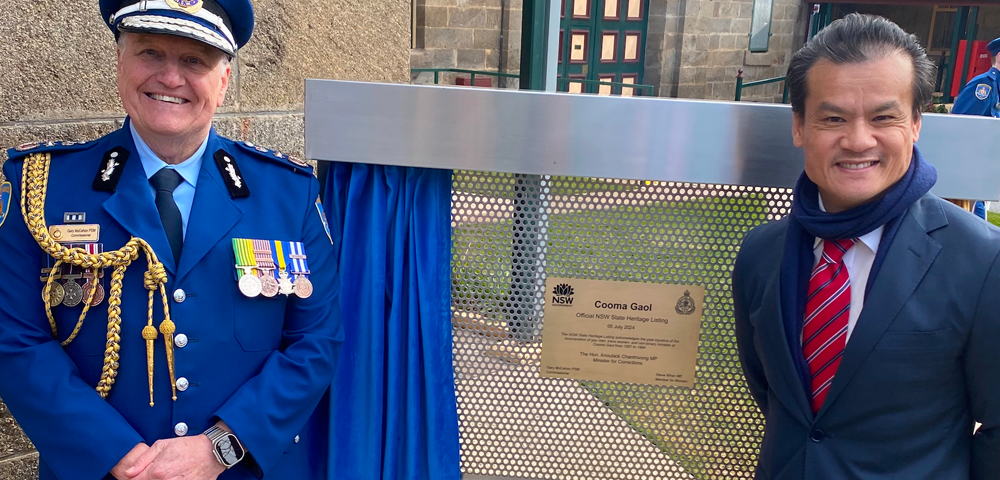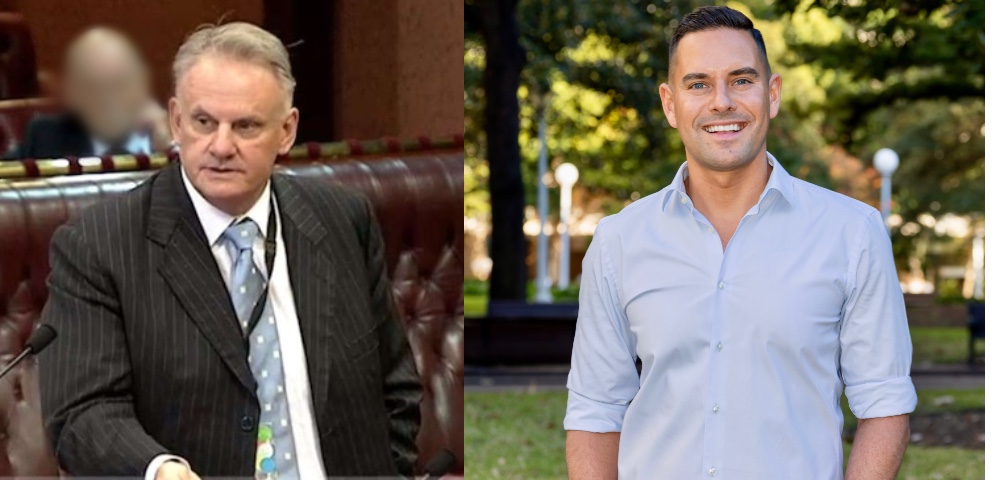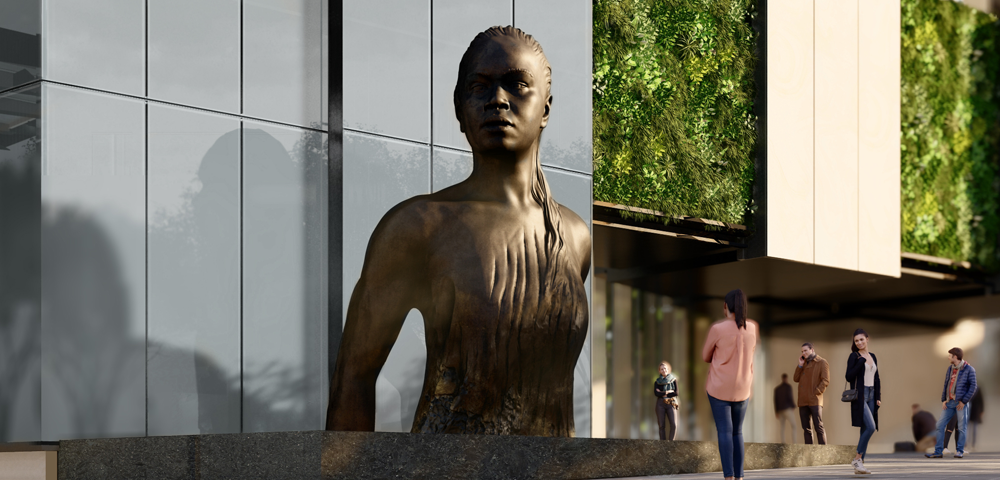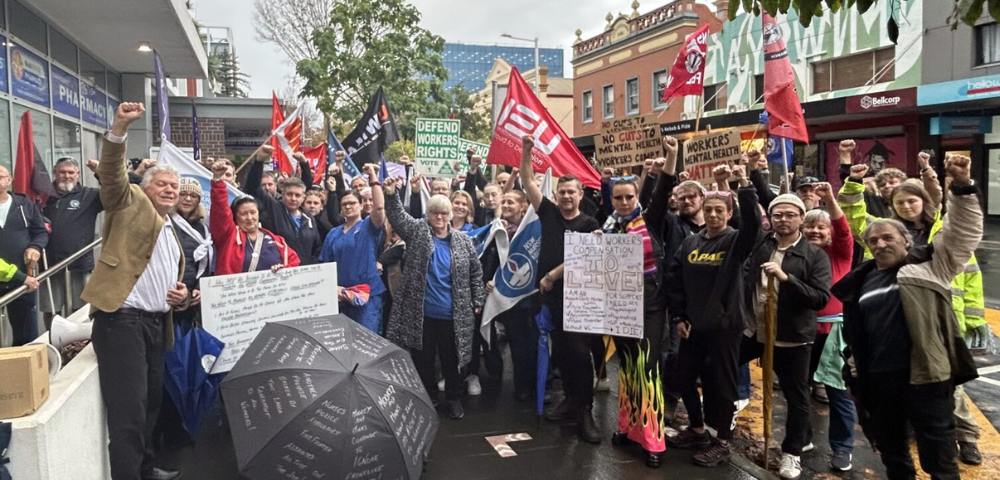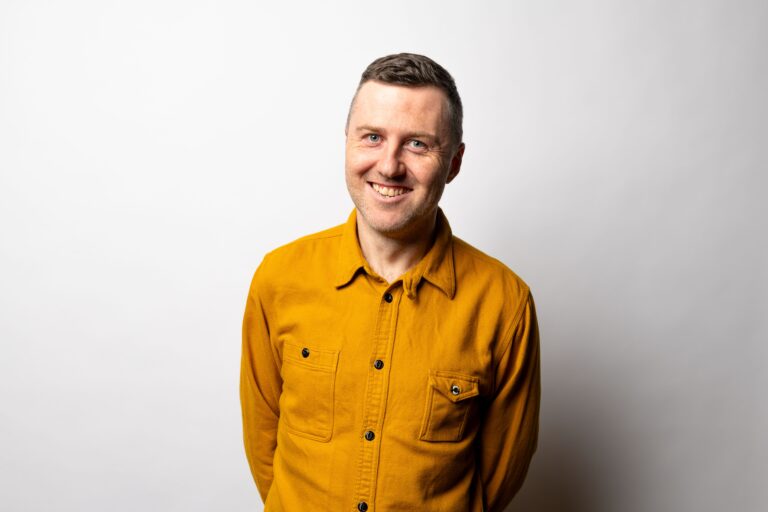
Proper education: Connecting disadvantaged youth
BY LINDA DANIELE
Local disadvantaged and long-term unemployed young people will now have greater access to an alternative education program after the Federal Government agreed to additional funding.
Known as Connections, the program will now be offered by both the Surry Hills-based Oasis Youth Support Network and WAYS Youth Services in Bondi.
The TAFE-accredited program targets young people aged 13 to19 who have been disengaged from mainstream schooling for more than three months.
Oasis education director and teacher, Jo Poynter, said a partnership with WAYS Youth Services in Bondi in delivering the program has been strengthened after the Department of Education, Employment and Workplace Relations agreed to fund additional teacher resources at both venues.
While Oasis at Surry Hills will focus on delivering education, life and employability skills for young people aged 16 to 21, the Bondi site will target younger kids aged between 13 and 16.
‘We found we needed another site for young people still at home but disengaged from schooling and therefore at risk,’ Ms Poynter said. ‘It’s given us an opportunity to have individually tailored programs.’
The programs are full-time and voluntary, with students generally following a mainstream curriculum at their own pace.
‘The focus first of all is to ensure young people can read and write,’ Ms Poynter said. ‘We can have 16-year-olds who haven’t been to school since they were 10 or 11. The aim is to get them through Year 10, so that a gateway is created for other choices.’
She said the only way this can work is through the distance education approach adopted, whereby young people are self-directed and study at their own pace, to work towards completing their schooling.
‘The mainstream system hasn’t worked for these young people and a self-paced approach means there’s no competition,’ according to Ms Poynter.
‘It’s flexible enough so that if young people are in rehab or prison, we can work with them in that context.
‘We have Aboriginal students living in Woolloomooloo, Waterloo and Redfern, but their country is far away. If someone passes away and they need to return home, that’s two weeks out. With our program, when they get back they can pick up from where they were.’
Working with teacher Erin Manktelow, Ms Poynter said having students who are at different stages in their studies can be challenging. Most of the 15 students who attend Oasis on the average day come from a diverse range of education levels.
‘There’s no standing over them,’ Ms Poynter said. ‘It’s an adult environment and therefore they treat it with total respect. We say ‘It’s up to you when you come’ and we provide as much support as we can. Some will drop off, but then they come back. It’s a slog for a lot of the time.’
More than 450 disadvantaged young people have taken part in the alternative education program at Oasis in the past four years, with a significant number finding employment or pursuing further education.




